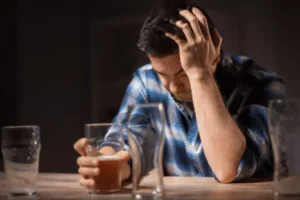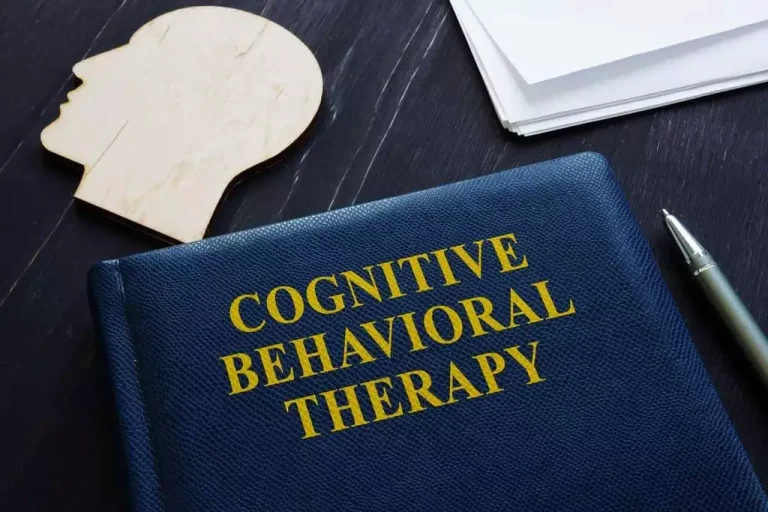
Finally, going to bed with alcohol in your system increases your chances of having vivid dreams or nightmares, or sleepwalking and other parasomnias. Research shows that alcohol actually has a disruptive effect on your sleep the rest of the night and messes with sleep quality and quantity. Sleep and circadian rhythm disruption from alcohol also contribute to next-day tiredness, fatigue, irritability, and difficulty concentrating. Even if it doesn’t present as a full-fledged hangover, alcohol-related sleep loss negatively affects mood and performance. Alcohol withdrawal insomnia may clear up when withdrawal symptoms subside.
Circadian Rhythm Fasting
They may believe it reduces their anxiety over the day’s events and helps them get to sleep. If this pattern repeats daily, a person is more likely to become dependent upon alcohol to fall asleep. Binge drinking occurs when a man has five drinks, or a woman has four drinks within two hours. This pattern of drinking is linked to insomnia, which can develop after binging.

How Long to Wait Between Drinking Alcohol and Bedtime
- Using alcohol as a sleep aid may result in you believing the only way you can get to sleep is by drinking.
- Alcohol is the most common sleep aid—at least 20 percent of American adults rely on it for help falling asleep.
- In the second half of the night, after your body has metabolized the alcohol, the sleepy effects of the alcohol wears off.
- The more common form of sleep apnea is obstructive sleep apnea (OSA).
Proceed with caution when drinking before bedtime, as alcohol may be affecting your sleep more than you realize. This may be especially true if you drink alcohol to help you fall asleep faster, and then experience disrupted sleep later in the night without realizing it. Since even small amounts of alcohol can affect your sleep, the overwhelming consensus in the does alcohol help you sleep medical community is that alcohol is not an appropriate sleep aid. Alcohol may also exert some of its effects on sleep by influencing the circadian rhythm. The circadian rhythm is responsible for keeping the body anchored to a 24-hour cycle. As part of this 24-hour cycle, the body releases a hormone called melatonin to prepare us for sleep in the evening.
- It may sound like a good idea to spend more time in deep sleep.
- During a normal night of sleep, we cycle through periods of light sleep, deep sleep, and rapid eye movement (REM) sleep.
- The circadian disruption that can result from alcohol consumption contributes to leaky gut syndrome, according to research.
- You can use RISE to find out how much sleep debt you have and whether drinking alcohol increases it.
- All alcoholic beverages can impact sleep, but those with higher alcohol content, like spirits, may have a more significant effect compared to a glass of wine or beer.
Stop Drinking At Least Three to Four Hours Before Bed
Alcohol can cause insomnia — or sleep problems that look like insomnia — in a few different ways. It can fragment your sleep, so you wake up more often in the night, suppress the sleep hormone melatonin, and alter your sleep stages. If you’re suffering from serious mental health issues, reach out to loved ones or a healthcare professional for support.

For the treatment of either disorder to be effective, both insomnia and substance abuse should be addressed together. Someone in recovery from alcohol use may experience setbacks because of sleep-related withdrawal symptoms. Many people rely on alcohol’s calming effect after a rough day.
- For most people, alcohol induces a deeper-than-usual sleep in the first half of the night, followed by disrupted sleep in the second half of the night.
- And if you’re working out in the evening, don’t go at your usual pace as intense workouts can disrupt your body’s ability to fall asleep.
- Alcohol can also increase the likelihood of snoring and sleep apnea — a condition where breathing stops and starts during sleep — which can further reduce sleep quality.
Why Does Alcohol Make You Sleepy?

Anyone experiencing insomnia should speak with a doctor to learn more about what treatments may work best for them. It can also negatively affect mood, which can, in turn, affect personal relationships. Here’s what else to know about the relationship between nightcaps and your nightly rest. The Sleep Foundation editorial team is dedicated to providing content that meets the highest standards for accuracy and objectivity. Our editors and medical experts rigorously evaluate every article and guide to ensure the information is factual, up-to-date, and free of bias. Adrienne Santos-Longhurst is a Canada-based freelance writer and author who has written extensively on all things health and lifestyle for more than a decade.

